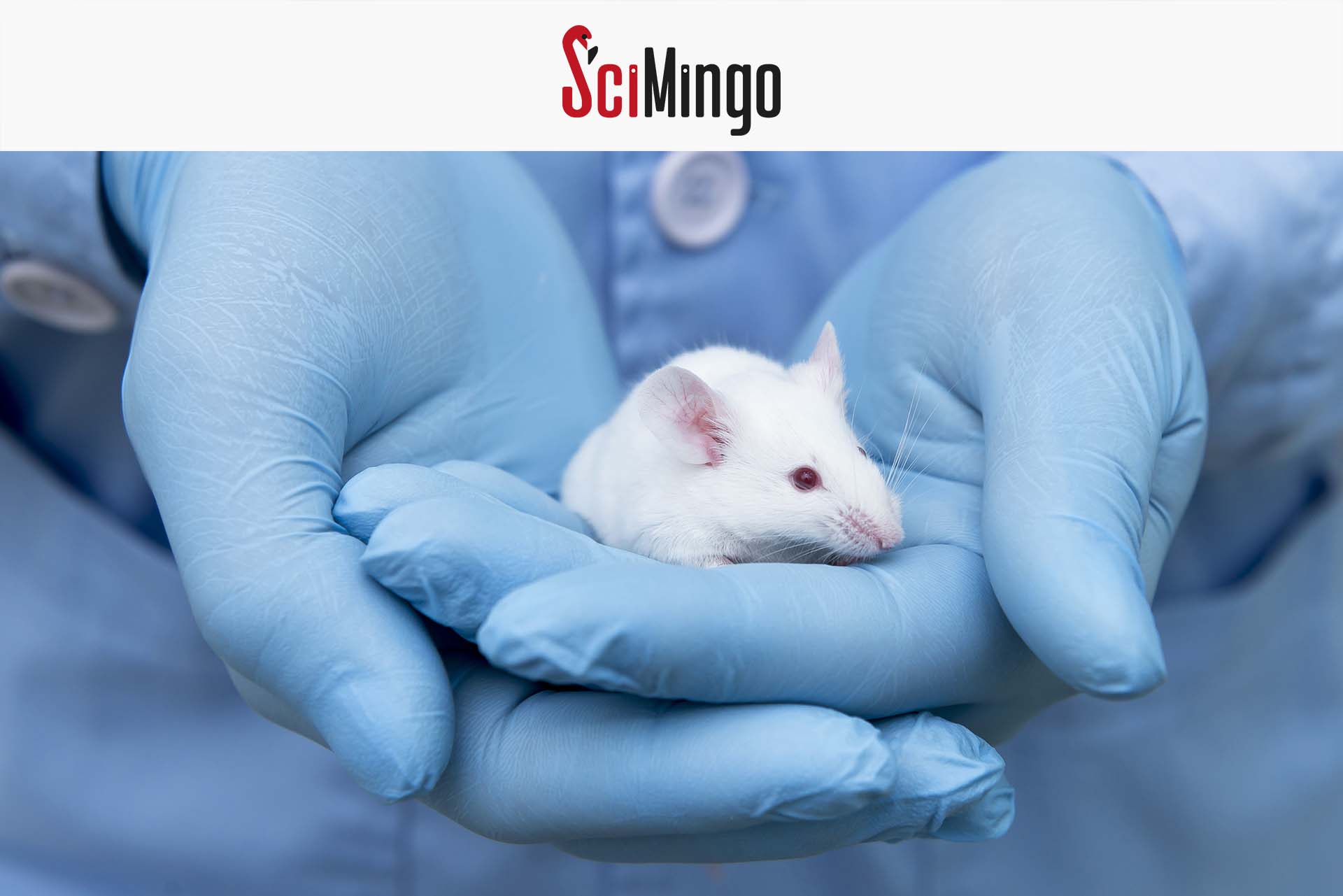Friends regularly ask me whether we could stop animal testing altogether. Unfortunately at the moment, scientists are not able to stop animal testing without serious consequences for human health. Animal testing is still integral to basic research and the development of new therapies and vaccines, like the COVID-19 vaccines. However, people are putting a lot of effort into developing alternatives to animal testing, to reduce the current and future needs .
Why do we still need animal testing?
There are complex biological research questions we still cannot answer without animal testing. Complex neurological diseases, for example, cannot yet be fully simulated in a petri dish or test tube. Animal testing is also legally required in some instances, such as for safety testing in drug development.
It also takes a very long time to develop alternatives to animal testing that are safe, reliable, and complex enough to be used in place of established methods. It can take scientists up to 10 or 15 years (and a lot of funding) to develop and optimize new techniques. New technologies like ‘organ-on-a-chip’ (where human cells are placed on a small device and mimic the organ’s function) take time, and we need to be investing now to be able to improve things down the line.
Read this article to learn about the Organ-on-Chip initiative by Dutch startup Bi/ond!
RE-Place: Making it easier to find alternatives
As long as animal testing does remain necessary, scientists do their utmost to prevent animal suffering. This includes adhering to the ‘3Rs Principle’: before scientists are allowed to begin an animal test, they’re legally required to check whether they can (1) Replace the animal test with an alternative; (2) Reduce the number of laboratory animals used in the experiment; and (3) further Refine the experiment so that the laboratory animals experience less or no discomfort. Only if there are no alternatives available will they be allowed to perform the animal test.
In order to obtain information on alternative methods more easily, the Flemish and Brussels governments launched the RE-Place project in 2017; the project is coordinated by Sciensano and the Vrije Universiteit Brussel. RE-Place is a platform for alternative methods to animal testing in Belgium where scientists can submit information on the methods they use to a public database. RE-Place aims to reduce the number of laboratory animals used by actively promoting the use of alternative methods and encouraging the exchange of knowledge between experts and researchers.
Video: The RE-Place project story and goal.
What can we already achieve with alternatives?
Science never stops evolving, and researchers are constantly developing new techniques to reduce and replace animal testing. Artificial Intelligence is particularly promising, where sophisticated computer models are used to analyze large amounts of data either from previous animal experiments or actual human data. The models can then predict how a certain substance might react after administration in humans, for example, eliminating the need for more animal experiments to be undertaken.
The possibilities of using human body material in research is also on the rise. If a patient gives consent, physicians can collect ‘leftover samples’ after a medical treatment (blood, urine, tissue after a biopsy, tumors after an operation, etc.), which is then made available to scientists for further research via so-called ‘biobanks’.
In certain cases, using alternatives has even become a legal requirement. Since 2005, cosmetics such as day cream and mascara may no longer be tested on animals in the EU. Unfortunately, this practice is not automatically implemented in other countries or continents, where laboratory animals are still regularly used for cosmetic purposes. Overarching measures are needed to harmonize the legislation on a global scale, but it’s a strong start that demonstrates the public’s desire to move away from animal tests.
A call for future action
In Belgium, the RE-Place project still needs scientists in different fields to give input on their experience with alternatives to animal testing. Although we’ve had contributions to the platform from researchers at universities and scientific institutions, we’re still lacking contributions from more academics and particularly from pharmaceutical companies in the region. Only by working together will we obtain a comprehensive overview of non-animal research tools in Belgium and be able to help scientists use alternative methods.
Read this article to learn about more Belgian initiatives boosting animal-free innovation!
There are similar initiatives to RE-Place ongoing outside of Belgium as well. In The Netherlands, the TPI initiative is stimulating the transition to new technologies such as ‘organ-on-a-chip’. In the United States, the Environmental Protection Agency has formulated a strategy to use even more molecular techniques and computer models for their case files. And in a recent vote in the European Parliament, an overwhelming majority voted to phase out the use of laboratory animals altogether.
Although replacing animal testing is not an easy task, and will not happen overnight, there is clearly momentum behind the movement. With further support from passionate people we can actively work together towards this noble goal!


